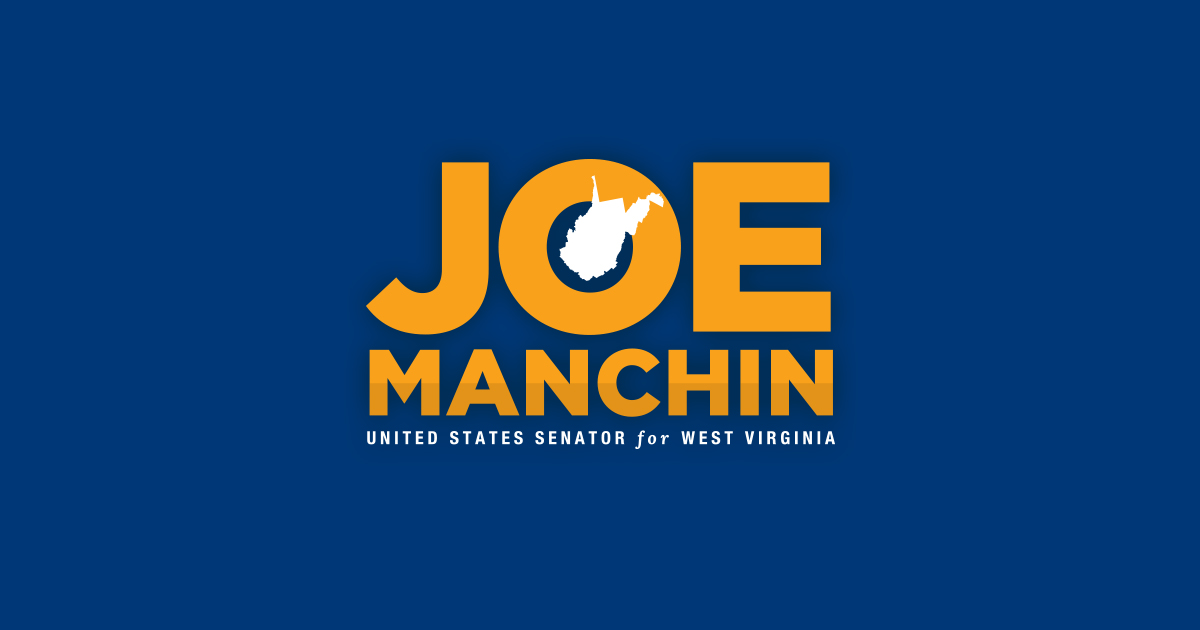Source: United States Senator for West Virginia Joe Manchin
Washington, DC – Today, U.S. Senator Joe Manchin (D-WV) voted for the bipartisan Small Business COVID Relief Act of 2022, which includes $48 billion to support small businesses, restaurants and other businesses impacted by the COVID-19 pandemic. West Virginia’s restaurant industry generates roughly $2.8 billion annually, and because of inflation, rising costs, and lost revenue from COVID-19, 80% of independent restaurants are in danger of closing without additional assistance. The bill received bipartisan support but failed by a vote of 52-43.
“The COVID-19 pandemic forced more than 90,000 restaurants to close their doors and I continue to hear from West Virginia small business owners about the impact those closures still have on our communities,” said Senator Manchin. “This legislation is critical to supporting our small businesses and restaurants, and I was proud to vote for this bill that would help rebuild Main Streets across West Virginia. When the first round of funding went out through the American Rescue Plan, 1,033 West Virginia restaurants applied for over $140 million in relief, but only 277 received funding. I will continue fighting for bipartisan ways to support the remaining 756 West Virginia restaurants and bars that previously applied to the Restaurant Revitalization Fund but were denied.”
Background Information
The Restaurant Revitalization Fund (RRF) was established through the American Rescue Plan (ARPA), providing $28.6 billion in funds through the Small Business Administration (SBA). Heavily oversubscribed, the SBA approved 105,000 applications but was forced to deny 177,000 qualified businesses due to a lack of funds. Further confusion resulted after the prioritization rules that SBA initially used to administer the program were overturned in court, and as many as 3000 awards were rescinded after applicants had initially been notified they would receive funds.
SBA estimates that it will take approximately $40 billion to provide unsuccessful applicants with full grants. Funding will be based on the order in which applications are received. In the event that the funds aren’t enough, the bill also includes language that funds must be prorated so that all previous applicants get some amount of assistance. The bill also includes additional auditing, transparency, and data reporting requirements to prevent fraud after reports that numerous non-traditional restaurants (like bowling alleys, theater concessions, and wedding caterers) received funding while many restaurants failed to receive any funding. Other sections of the bill provide funding for gyms, minor league sports teams, businesses that support live events, and others, as well as provisions that extend the date by which live venues may incur reimbursable expenses and prevents government contractors that received PPP loans from being unfairly disqualified from forgiveness.
